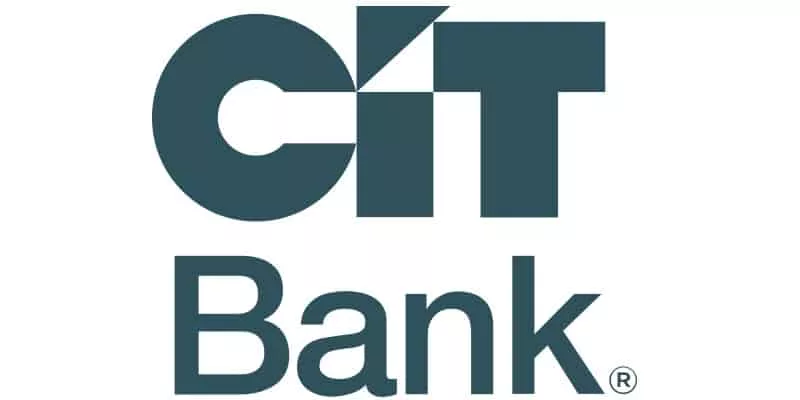Debt consolidation allows you to pay off multiple debts at once, so that you only have one monthly payment instead of several.
This makes it easier for you to manage your finances and stay on top of your bills.
What is debt consolidation?
Debt consolidation is the process of taking out a loan to pay off other outstanding debts like credit cards and other high-interest debt — consolidating debt into one monthly payment at possibly a much lower interest rate.
Why Should I Do Debt Consolidation?
If you're struggling with too much debt, then you should consider consolidating your debts into one loan. By doing this, you'll save money by paying less interest each month.
How debt consolidation works

Benefits Of Debt Consolidation?
There are several benefits to debt consolidation.
Reduce monthly payment.
When debt is consolidated into one payment, your overall monthly payment is likely to decrease because future payments are spread out over new loan terms.
Reduce interest rates.
Applicants with good credit scores have the most opportunity to lower interest rates with a debt consolidation loan. Rather than paying back multiple debts and interest rates, a debt consolidation loan with a fixed interest rate can make your monthly bills more affordable.
Pay off debt faster.
On average, Americans carry $5,221 in credit card debt, according to a Experian Consumer Credit Review. If making only the minimum payment, it’s not uncommon for credit card balances to take years to be paid in full, and that's if you don't make any more charges.
If you continue to make charges your balance will increase. For this very reason, debt consolidation loans have a shorter payback period.
Boost credit score.
Debt consolidation may help improve your credit score by lowering the amount of credit you’re using (credit utilization) compared to the total available amount of credit.
When you're close to maxing out your credit cards your credit utilization rate is high which can hurt your credit score. Ideally, your utilization rate should be under 30%, and consolidating debt can help you accomplish that.
Peace of Mind.
Combining multiple outstanding debts into a single loan reduces the number of payments and interest rates you have to worry about.

Graphic Courtesy of Bankiful.com
How Much Can I Save By Doing Debt Consolidation?
If you're looking into debt consolidation, you should first determine how much you can save by doing so. A 2023 Forbes survey found that respondents who consolidated debt typically saved about 2-3% in interest rates compared to their previous credit card rates.
However, unfortunately, there isn't a single, straightforward answer about the average amount of money saved by consolidating credit card debt. The savings potential depends on a variety of factors, including:
- Initial interest rates. The key reason for consolidation is often to secure a lower interest rate than what you're currently paying on your credit cards. If you can snag a significantly lower rate, your savings can be substantial. On the other hand, if your current rates are already relatively low, the benefit of consolidation might be minimal.
- Debt amount. The total amount of debt you consolidate also plays a role. For larger debts, even a small interest rate reduction can translate to significant savings. Conversely, for smaller debts, the potential savings might not be enough to justify the effort of consolidation.
- Consolidation method. There are different ways to consolidate credit card debt, each with its own advantages and disadvantages. Some common options include personal loans, balance transfer credit cards, and debt management plans. Depending on the chosen method, you might face upfront fees, origination charges, or limitations on the interest rate you qualify for.
- Term of the new loan. The length of your repayment term impacts the total amount of interest you pay. A longer term might lower your monthly payment but increase your overall interest costs. Conversely, a shorter term might mean higher monthly payments but less interest paid in the long run.
- Staying disciplined. While consolidation can simplify debt management and potentially save money, it's not a magic solution. If you continue charging on your credit cards while paying off the consolidated debt, your financial situation could even worsen. Sticking to a budget and avoiding further debt are crucial for achieving long-term success.
How Do I Know Which Lender To Choose?
There are multiple lenders that offer debt consolidation loans. Look at things like fees, interest rates, and repayment options along with a few other considerations like:
- Experience – How long has the lender been in business?
- Who are they – The lender's executives, physical address, hours, and phone number?
- Program options – Do they offer loans, or is the focus on credit counseling and programs like debt management plans or debt settlement?
- Loan terms – How long should it take to pay off the debt? If you receive a loan, is there a prepayment penalty?
- Customer service – Will you get a personal counselor assigned to you? Are there positive reviews from other customers?
A legitimate lender will have no issue in displaying this type of information on their website and answering questions before committing to a debt consolidation loan.
Compare Personal Loan Rates with Our Partners
APRs
7.80 - 35.99%
Terms
2 to 5 years
Loan Amounts
$1,000- $50,000
Origination Fee
0% - 12%
APRs
9.99 - 35.99%
Terms
2 to 5 years
Loan Amounts
$1,000- $50,000
Origination Fee
1.85% - 9.99%
APRs
8.99 -29.99%
Terms
2 to 7 years
Loan Amounts
$1,000- $100,000
Origination Fee
0 - 7.00%

















